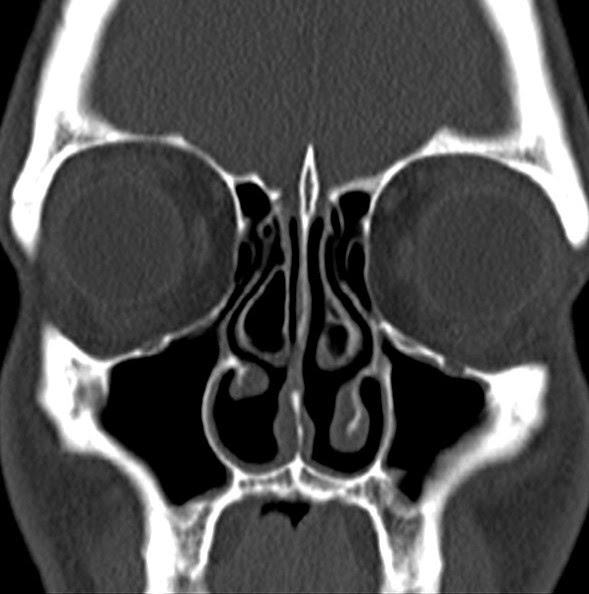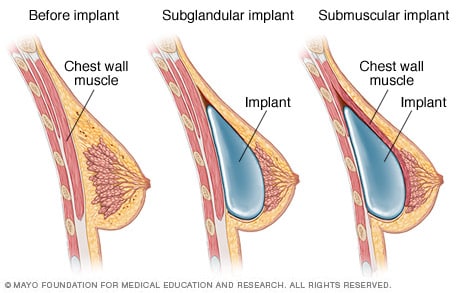
Take a look at your options in order to determine how much breast reduction surgery costs. To help you assess the cost of breast reduction surgery, ask your surgeon to take pictures and provide details about your symptoms. In addition, contact your health insurance provider early to discuss your options, including coverage and deductibles. You can avoid unpleasant surprises after surgery by being ready for the unexpected. You can find out what a breast resection costs by reading on.
Average cost for breast reduction surgery in the U.S.
The average cost for breast reduction surgery in the United States is between $5,000 and $12,000. However, prices can vary widely. These prices include fees for the surgeon, facility fees, anesthesia, and any cost for implants. For patients with large breasts, these prices can be higher as they will require more work to remove excess tissue and reshape nipple. Ask about pre-op labs, travel and lodging fees before choosing a surgeon.
If it's deemed medically necessary, Medicaid or insurance will cover the cost for breast reduction. Medical necessity requires that the breasts cause documented medical problems and significantly impair one's quality of life or ability to function. Ask your surgeon for details about your individual insurance plan. Insurance companies often have specific requirements for the procedure, so it's best to talk to them before scheduling your surgery.

Variations in the cost
A variety of factors affect the cost of a breast-reduction procedure, such as the amount and type of implants used. Pricing can be affected by the complexity of the procedure and its duration. A capsulotomy (or capsulectomy) is a surgical procedure which removes the scar tissue from the implant. It also reduces the compression. Pricing can be affected by the type of implant a woman has. Insurance may cover the cost of the procedure. Both males and women can have the procedure, but it is more expensive for those who are borderline.
An average breast reduction surgery cost is about $8,200. Prescription medication and preoperative medical clearance do not count towards this cost. The final cost will depend on the expertise level, location and number of surgeons. To obtain an accurate estimate of cost before the procedure, patients should contact their surgeon. Some surgeons offer patient financing plans and may waive the non-refundable consultation fee. Regardless of whether or not you have medical insurance coverage, you should still research the price before choosing a surgeon.
Insurance coverage
Ask your insurance company about whether they cover breast reductions. Breast reduction surgery is covered by many insurance companies if there is medical necessity. Your family doctor and your plastic surgeon should provide medical documentation. If your conditions are severe, your insurance company will likely approve your procedure or provide partial coverage. Here are some guidelines to ensure your insurance coverage.
Before you undergo the procedure, check that your insurance covers it. Many health insurance companies will not cover breast reduction. Although they may cover breast reduction surgery it is not considered a "basic" procedure. If you have a severe health condition related to your breast size, most insurance companies will cover the breast reduction procedure. The surgery may be covered if you have a large breast size.

Recovery time
Depending on the procedure, the recovery time after a breast reduction can last anywhere from two to six weeks. Everyone recovers at different rates. For instance, a person who is sedentary may only require one week off work, while someone who has been physically active may require up to two weeks. Many factors play into recovery, such as the patient's work and lifestyle. Patients must be aware of the amount of time they will spend in bed.
You will be able to do light housework and other activities within a week of surgery. It will be difficult the first few weeks. Plan accordingly. Keep your activities limited and prescribed pain medications. During this time, it is important to keep your head high. Avoid strenuous activity for at least six months after the procedure. Also, avoid lifting heavy objects, such as gallon jugs, during recovery.